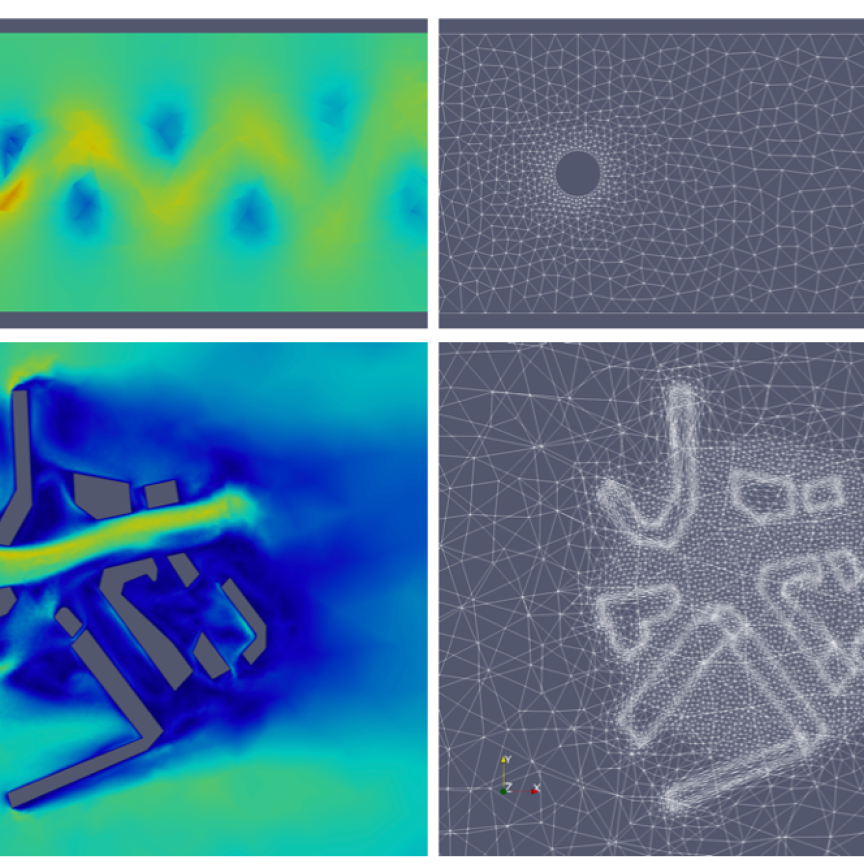Researchers across Newcastle University are accelerating their research efforts using their latest HPC system, Rocket. The system was purchased as a centralised system to support all researchers across the University and replace existing departmental clusters. The new HPC system is designed and configured by OCF using £2 million investment funded by the University.
Using Rocket the University aims to establish a culture of using HPC to encourage cross-departmental research and collaboration. The system, first launched at the end of 2017 has more than 200 users including academics, researchers, staff and students from over 15 University departments, including medical, neuroscience, chemistry, biology, physics, mathematics, engineering, computing, business and geography.
'Workloads are driving an ever-growing set of data-intensive challenges that can only be met with accelerated infrastructure,' said Werner Hofer, dean of research and innovation at Newcastle University. 'Rocket provides the significant memory and fast processing we need for bulky, complex numerical computation. My post-doctoral researcher was able to process half a million CPU hours’ worth of calculations which was not at all possible with our previous processing power.'
The system is being used in a wide variety of applications including assessing changes in flood simulations, 'in silico' drug testing, detection of respiratory disease in pigs using deep learning and the identification of genetic mutation in genomes arising in cancerous cells. These simulations are now much faster than previous resources using departmental clusters or even desktop computers in some cases. This is a significant improvement on what was previously achievable with departmental HPC clusters, meaning researchers can now run much larger problems, getting more immediate answers to a range of 'what if' scenarios.
The new 5,000 core system is comprised of Huawei HPC servers, housed in E9000 chassis with 110 CH121v3 nodes and CH122 nodes, including extra-large, large and medium memory nodes that are connected with Mellanox EDR Interconnect. This is supported by DDN EXAScaler ES7KX which provides 500 Terabytes (TB) of high-speed storage, and by the University’s Research Data Warehouse, which provides two Petabytes (PB) of storage for data at rest.
Martin Edney, faculty IT manager at Newcastle University comments: 'Computational research is so important to us as an institution. Rocket is not just about buying a big computer, it’s about creating a HPC culture and allowing everyone to have access to achieve a better research impact, to generate new knowledge and insight.'
'We have a data explosion in every single aspect of science and society and we need the appropriate computational resources to be able to process this data,' said Dr Jaume Bacardit, reader in machine learning at Newcastle University.
'People have to spend a lot of time writing proposals to get access to the big national or regional supercomputers so it’s a lot of work for us as academics. It’s much easier for us if we can just have a local machine that we can use,' said Dr Tamara Rogers, reader in computational Astrophysics at Newcastle University.
The pilot phase for Rocket began in September 2017 and it went live on 31 October 2017.

